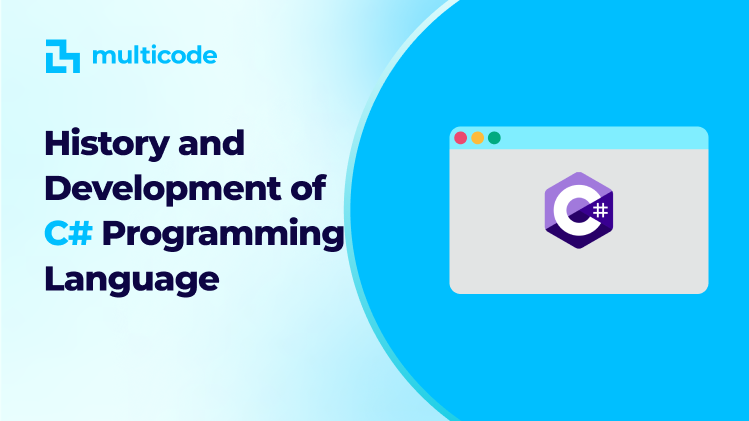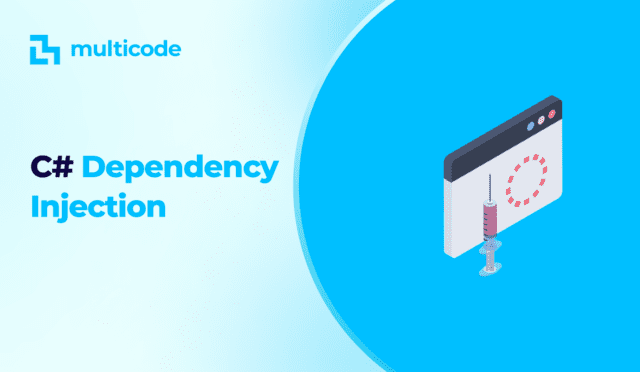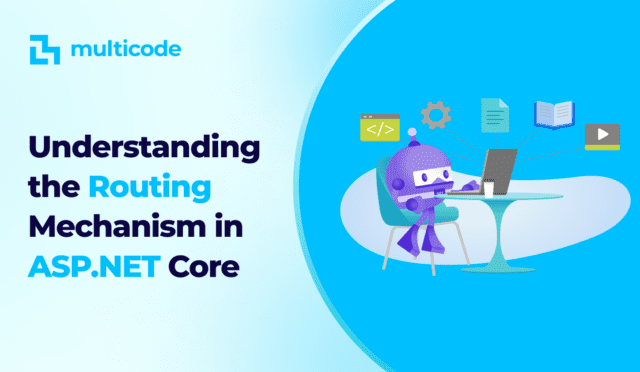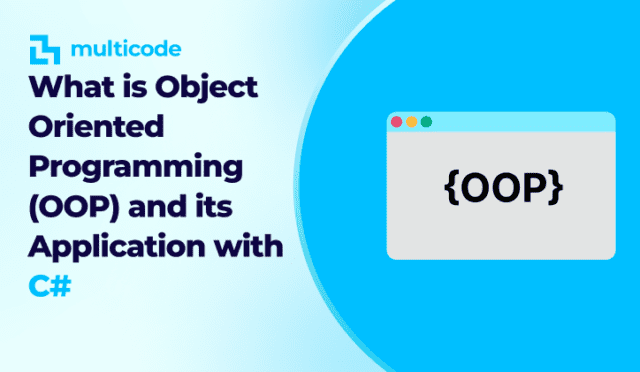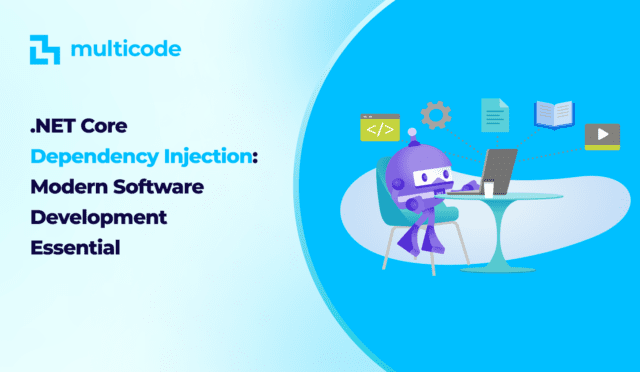The C# programming language, developed by Microsoft in the year 2000, was influenced by languages such as C++, Java, Delphi, Visual Basic, and others. Designed as a modern language, C# incorporates object-oriented principles, type safety, and support for managed code.
From First Release to Modern Advancements
C# made its debut with .NET Framework 1.0 in 2002, encompassing fundamental language features like classes, interfaces, inheritance, and properties, all pivotal concepts in object-oriented programming. The year 2005 marked the introduction of significant features with C# 2.0, including generics.
The Advent of Modern Programming with C# 3.0
C# 3.0 brought essential features to modern programming, including lambda expressions, Language Integrated Query (LINQ), anonymous types, and automatic property implementation. Subsequently, C# 4.0 introduced dynamic typing, named/optional parameters, and COM interop improvements.
Stepping into Asynchronous Programming with C# 5.0
C# 5.0 introduced async/await, along with caller info attributes. The release of C# 6.0 focused on writing less code and enhancing readability through features like expression-bodied methods and the null conditional operator.
Empowering Development with C# 7.0 and 8.0
C# 7.0 introduced in-line out variables, tuples, and pattern matching, optimizing the language’s usage. The advancements continued with C# 8.0, which brought features like nullable reference types, async streams, and default interface methods.
C# in Contemporary Use
Today, C# stands as a widely popular language, finding application in diverse domains such as web development, mobile applications, desktop software, game development, cloud computing, and the Internet of Things (IoT). Thanks to Microsoft’s continuous efforts, C# has become one of the indispensable languages in modern programming.
Conclusion
The journey of C# is a narrative that reflects the evolution of the software industry. With consistent innovations and improvements, C# is poised to maintain its significance well into the future.
C# (C Sharp) is a modern programming language developed by Microsoft, holding a significant position in the world of software development.
The development process of C# language was initiated by Microsoft in the year 2000. It was designed as a modern language influenced by languages like C++, Java, Delphi, Visual Basic, and others, featuring object-oriented programming, type safety, and support for managed code.
The first version of C#, alongside .NET Framework 1.0, was released in 2002. It included fundamental language features such as classes, interfaces, inheritance, properties, forming the core concepts of object-oriented programming.
C# 3.0 introduced essential features in modern programming like lambda expressions, LINQ (Language Integrated Query), anonymous types, and automatic property implementation. In C# 4.0, significant improvements like the dynamic type, named/optional parameters, and COM interop were implemented.
In the present day, C# is extensively utilized in various fields including web development, mobile applications, desktop software, game development, cloud computing, Internet of Things (IoT), and more.
The evolution of C# has been marked by continuous innovations and improvements. With Microsoft’s ongoing development efforts, C# is poised to remain a crucial language in the future of software development.
